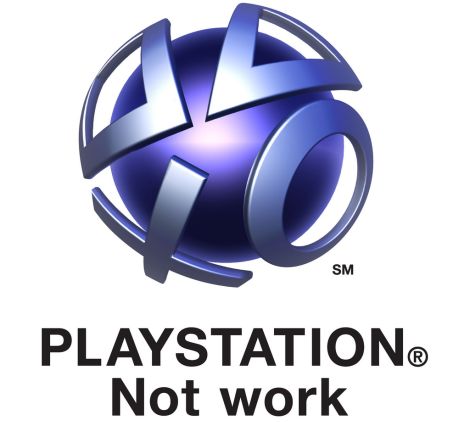I try not to go off on security rants in the newsletter, but this week I’m unable to hold back. An apparent breach of a data aggregator has resulted in a monster dataset of US, UK, and Canadian citizens names, addresses, and social security numbers. As a number of reports have pointed out, the three billion records in the breach likely contain duplicate individuals, because they include all the addresses where you’ve lived, and there have only been on the order of 450 million US social security numbers issued anyway.
But here’s the deal. Each of these data aggregators, and each of the other companies that keep tons of data on you, are ticking time bombs. Maybe not every one of them gets breached, but there’s certainly enough incentive for the bad guys to try to do so. (They are looking to sell the NPD dataset mentioned above for $3.5 million.)
My gut feeling is that eventually all of the information on everyone will be released. Maybe then it will cease to be interesting to new crops of crooks, because there’s nothing new to learn.
On the other hand, the sheer quantity of identity thefts that this, and future breaches, will unleash on us all is mind-boggling. In the case of legitimate data aggregators like this one, requesting to have had your data out of their dataset appears to have been a viable defense. But for every one legit operator, there are others that simply track you. When they get hacked, you lose.
This breach is likely going to end in a large lawsuit against the company in question, but it almost certainly won’t be big enough to cover the damage to everyone in the affected countries. Is it time that companies that hold large datasets will have to realize that the data is a liability as well as an asset?












